Pro-independence New Caledonians clash with police as French ministers visit
Thousands of pro-independence protesters have clashed with police in New Caledonia amid visit by three French government ministers.
Organizers said approximately 2,000 people gathered in downtown Nouméa, the capital of the South Pacific archipelago and overseas French territory, to vent their anger.
As the three French ministers were on official calls in various places in downtown Nouméa, police fired teargas to disperse the crowd, reports said.
The protesters gathered to express their disapproval of a constitutional amendment process proposed by the French government, which aims to modify New Caledonia's electoral roll for local elections.
The French high commission said at least five policemen were injured, one of them seriously. Five protesters were arrested shortly after the incident.
French home affairs and overseas minister Gérald Darmanin arrived on Tuesday accompanied by his recently appointed "delegate" minister for overseas, Marie Guévenoux, and French justice minister Eric Dupond-Moretti.
The visit marked Darmanin’s sixth to the island country. He has previously made visits with the aim of initiating inclusive discussions regarding the political future of New Caledonia, which may require a modification to the French constitution.
The proposed amendment addresses delicate matters, such as the revision of New Caledonia's roster of eligible voters in local elections, stipulating a minimum residency period of 10 years for any French citizen to exercise their voting rights.
New Caledonia became a French colony in 1853. Tensions have long run deep between pro-independence indigenous Kanaks and descendants of colonial settlers who remain loyal to Paris.
About 40% of the population are indigenous Kanak, most of whom support independence. Pro-independence parties, which have been in power since 2017, want full sovereignty by 2025.
The island country lies some 1,200 km east of Australia and 20,000 km from Paris.
Under French colonial rule the Kanaks were confined to reserves and excluded from much of the island’s economy. The first revolt erupted in 1878, not long after the discovery of large nickel deposits that are today exploited by French miner Eramet’s subsidiary SLN.
Belgium imposes arms embargo on Israel amid Gaza genocide
Over 140 riot ringleaders captured in Iran’s Hamedan
VIDEO | Spain rail crisis: Deadly crashes trigger strike
Recent Iran riots followed a ‘familiar playbook’ as foreign forces hijacked protests: Analyst
VIDEO | Iran marks National Day of Revolution’s Guardians
Trump aims to create new UN and own it: Lula
US threatens to block Iraq’s oil revenues if pro-Iran parties join new government: Report
UN special rapporteur calls for Israel's suspension after UNRWA HQ demolition


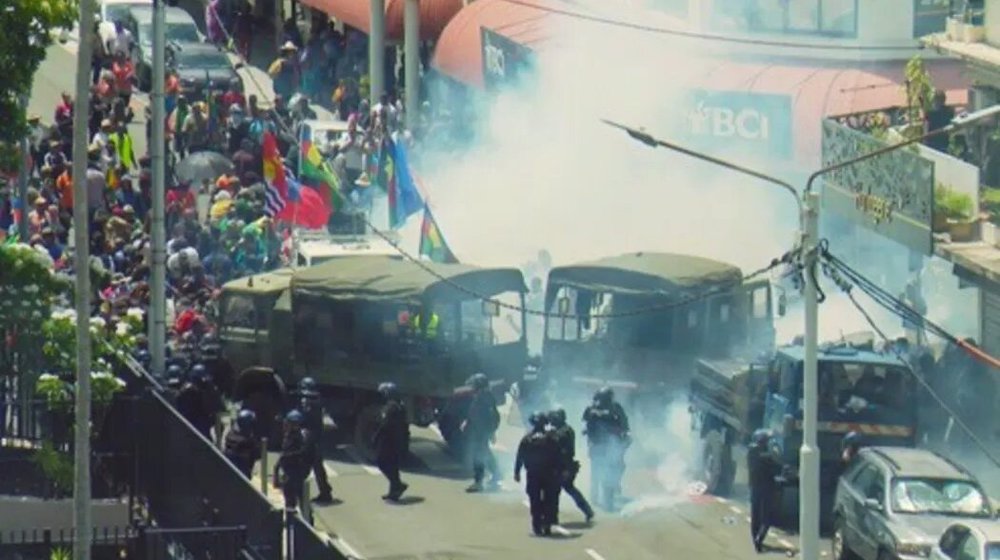








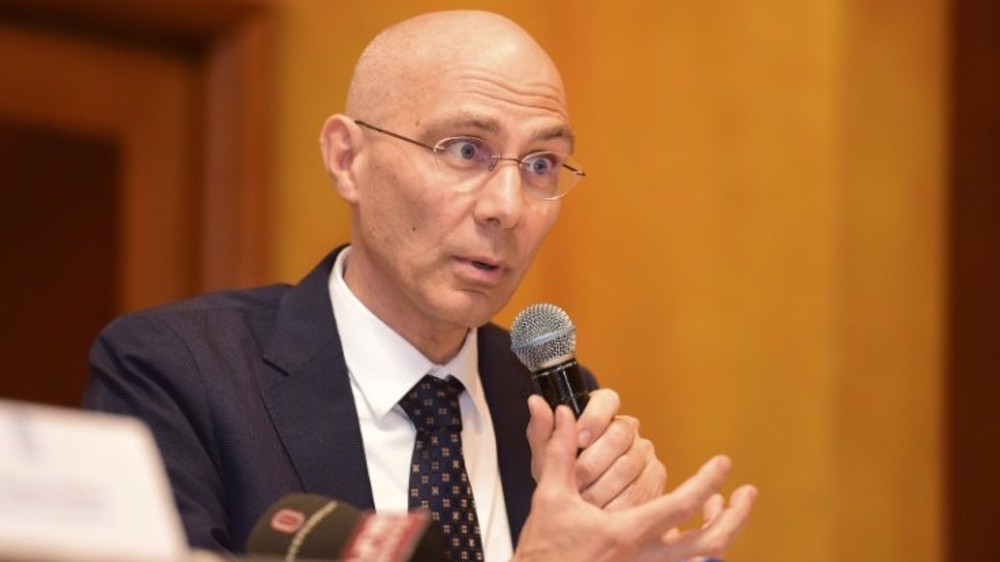
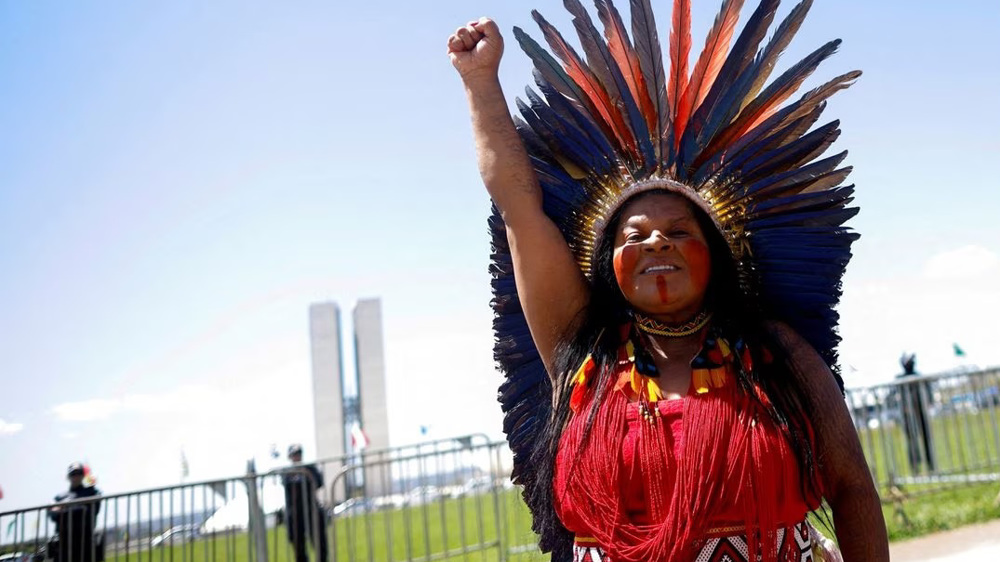
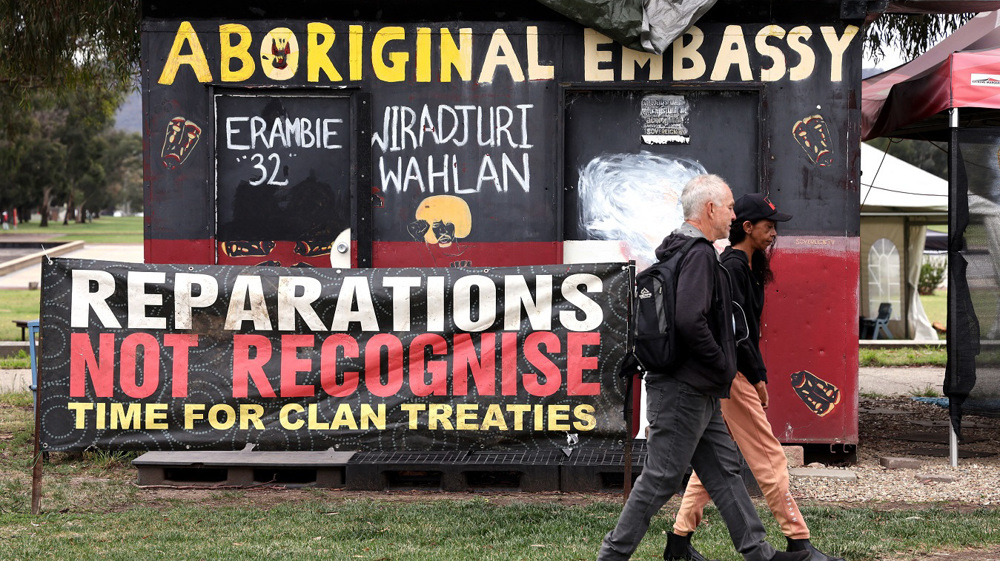
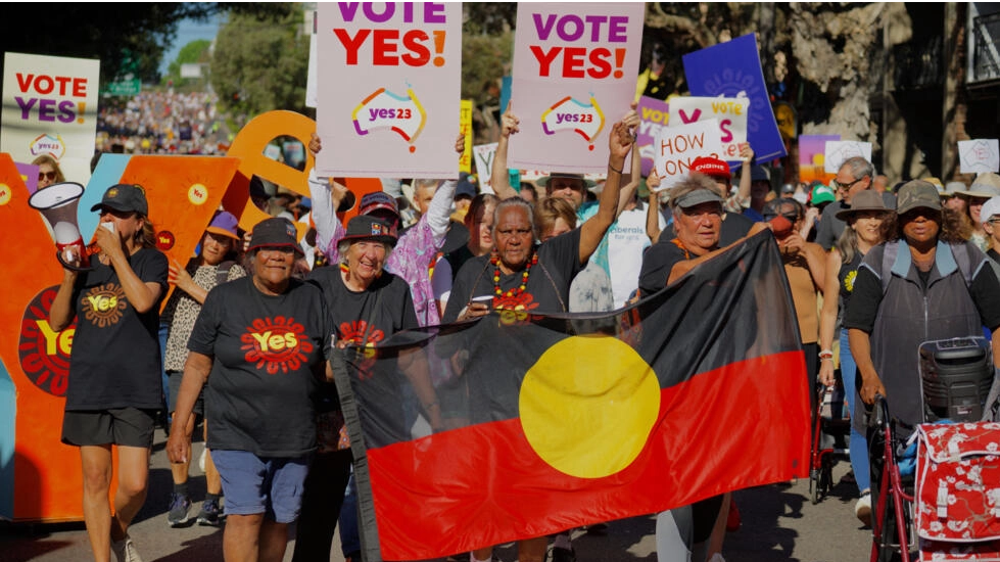

 This makes it easy to access the Press TV website
This makes it easy to access the Press TV website